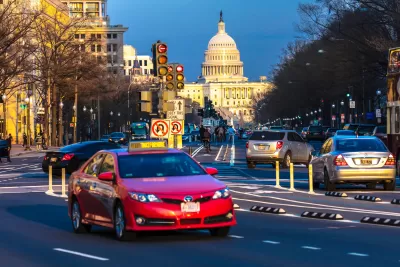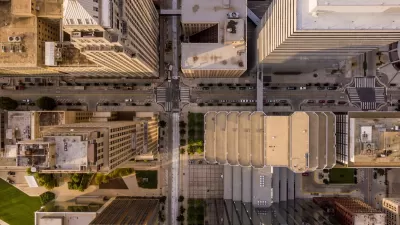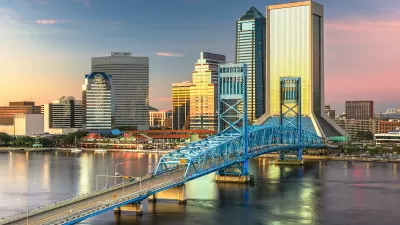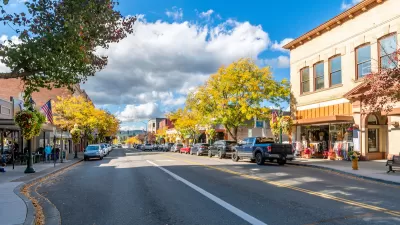A pilot program will send letters and text messages directly to drivers with histories of speeding and reckless driving warning them of the increased risk for themselves and others.

The District of Columbia hopes a new communications campaign will encourage safer driving behaviors, reports Martin Austermuhle in DCist.
“The city is starting a year-long pilot program where it will send targeted letters and text messages to almost 100,000 drivers who have received a large number of speeding and red-light tickets from the city’s network of traffic cameras, with the hope that those direct and somewhat stern missives will change their driving habits for the better.” The letter notifies recipients that their vehicle has a history of dangerous driving and includes alarming phrases like “YOUR CAR IS MORE LIKELY TO BE IN A CRASH THAN OTHERS ARE.”
The program is designed as one part of the larger Vision Zero program. According to Sam Quinney, director of the city’s in-house research arm The Lab @ D.C., “The goal here is not to be punitive. This is not an attempt to shame drivers. What we’re trying to do is make them aware of their risk.”
The District, like other U.S. cities, has made little progress through its Vision Zero initiative, which was criticized by the D.C. Auditor for a lack of oversight and funding.
FULL STORY: Can Letters And Text Messages Get Dangerous Drivers To Change Their Ways? D.C. Wants To Find Out

Americans May Be Stuck — But Why?
Americans are moving a lot less than they once did, and that is a problem. While Yoni Applebaum, in his highly-publicized article Stuck, gets the reasons badly wrong, it's still important to ask: why are we moving so much less than before?

Using Old Oil and Gas Wells for Green Energy Storage
Penn State researchers have found that repurposing abandoned oil and gas wells for geothermal-assisted compressed-air energy storage can boost efficiency, reduce environmental risks, and support clean energy and job transitions.

Placekeeping: Setting a New Precedent for City Planners
How a preservation-based approach to redevelopment and urban design can prevent displacement and honor legacy communities.

San Francisco’s Muni Ridership Grew in 2024
The system saw its highest ridership since before the Covid-19 pandemic, but faces a severe budget shortage in the coming year.

Colorado Lawmakers Move to Protect BRT Funding
In the face of potential federal funding cuts, CDOT leaders reasserted their commitment to planned bus rapid transit projects.

Safe Streets Funding in Jeopardy
The Trump administration is specifically targeting bike infrastructure and other road safety projects in its funding cuts.
Urban Design for Planners 1: Software Tools
This six-course series explores essential urban design concepts using open source software and equips planners with the tools they need to participate fully in the urban design process.
Planning for Universal Design
Learn the tools for implementing Universal Design in planning regulations.
Heyer Gruel & Associates PA
City of Moreno Valley
Institute for Housing and Urban Development Studies (IHS)
City of Grandview
Harvard GSD Executive Education
Salt Lake City
NYU Wagner Graduate School of Public Service
City of Cambridge, Maryland





























